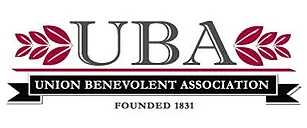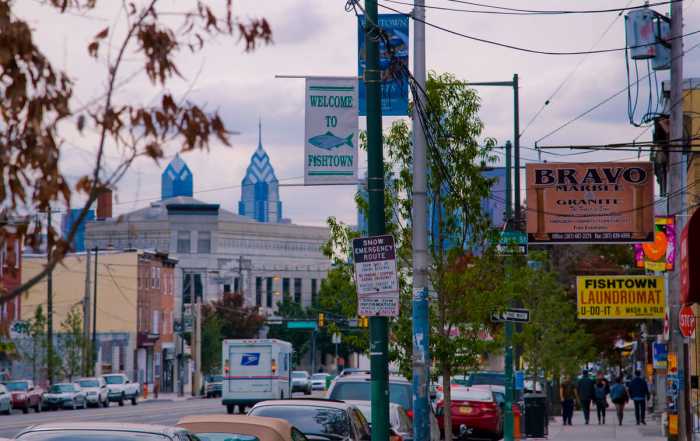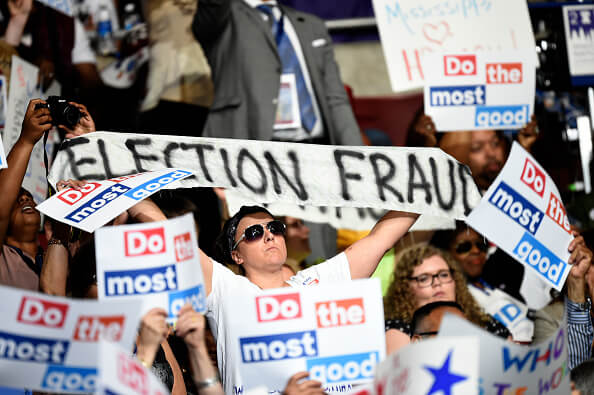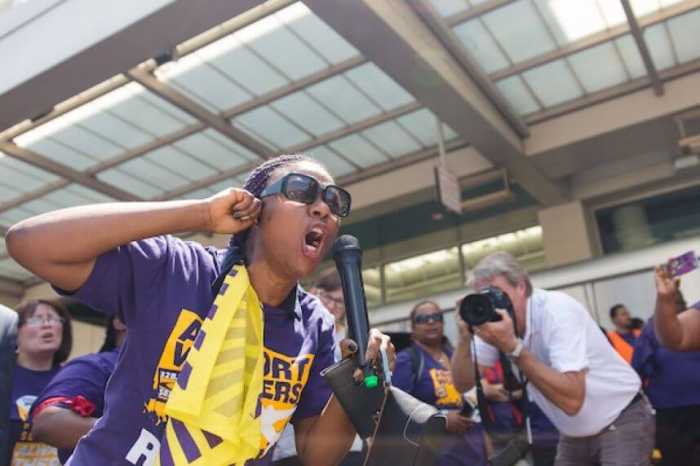Even the board president of a nearly 200-year-old Philadelphia foundation that got its start by providing stoves to the city’s poor knows few have heard of her organization.
Though lacking in name recognition, the Union Benevolent Association is still trying to alleviate poverty, and the group is accepting applications for its fall grant cycle through Sept. 30.
UBA is prepared to distribute about $120,000 before the year ends, in the form of grants of up to $10,000 for nonprofits working to supply the poorest Philadelphians with basic needs. The funding is flexible and unrestricted, which can be important, particularly for smaller organizations.
Sigrid Lundby, the UBA’s board president, said the foundation targets those smaller entities, preferring to award grants to nonprofits with budgets under $1 or $2 million.
“I was talking with an organization… that’s a $30-$35 million organization, and their executive director’s getting paid $300,000,” she told Metro. “That doesn’t really fit UBA. And it doesn’t fit the history of UBA.”
UBA was founded in 1831 during a severe winter in the city. Some residents were fed up with the almshouse system of the time and wanted to help “the worthy poor,” regardless of race, religion or nationality, according to records from the Historical Society of Pennsylvania.
Hundreds of women volunteering for the UBA made home visits to poor residents and, unlike the almshouses, advised them on how to improve their circumstances through finding stable housing and employment, the documents said.
“UBA prided itself on not just helping people survive, but helping them get ahead whenever possible,” Lundby said. “And I very much embrace that statement.”
The charity was integral in helping set up Kensington’s Lighthouse Community Center in 1893, another still-active organization, according to the HSP records.
In 1958, the association transitioned from providing direct aid to funding other nonprofits doing similar work.
The need has not disappeared. Philadelphia’s poverty rate hovered at 23% prior to the pandemic, and about 11% of residents live in deep poverty, which, for a family of four, means earning less than $12,876 a year.
UBA’s 12 board members have ongoing discussions about the definition of basic needs, the best ways to fight poverty and how much money they should distribute, Lundby said.
Recently, the group decided to add a diversity and inclusion section to its application to make sure nonprofits serving the city’s poorest neighborhoods are representative of their community.
The foundation has around $5.5 million in investments and is legally obligated to give away 5% annually, she added.
In addition to two yearly funding cycles, UBA typically issues a special grant to target an unforeseen issue in Philadelphia.
Earlier this year, in response to the COVID-19 pandemic, the association gave $25,000 checks to Ceiba, the Coalition of African and Caribbean Communities, the People’s Emergency Center CDC, and the Philadelphia Chinatown Development Corporation to reinforce their work.
After the Sept. 30 deadline passes, two board members will be assigned to vet each applicant, Lundby said. Based on those recommendations, the board will convene in November to allocate the funding.
UBA allows nonprofits to receive only one grant a year and those that have been funded for two consecutive years must wait a year before reapplying.
For more information or to apply, go to www.ubaphilly.org.


























